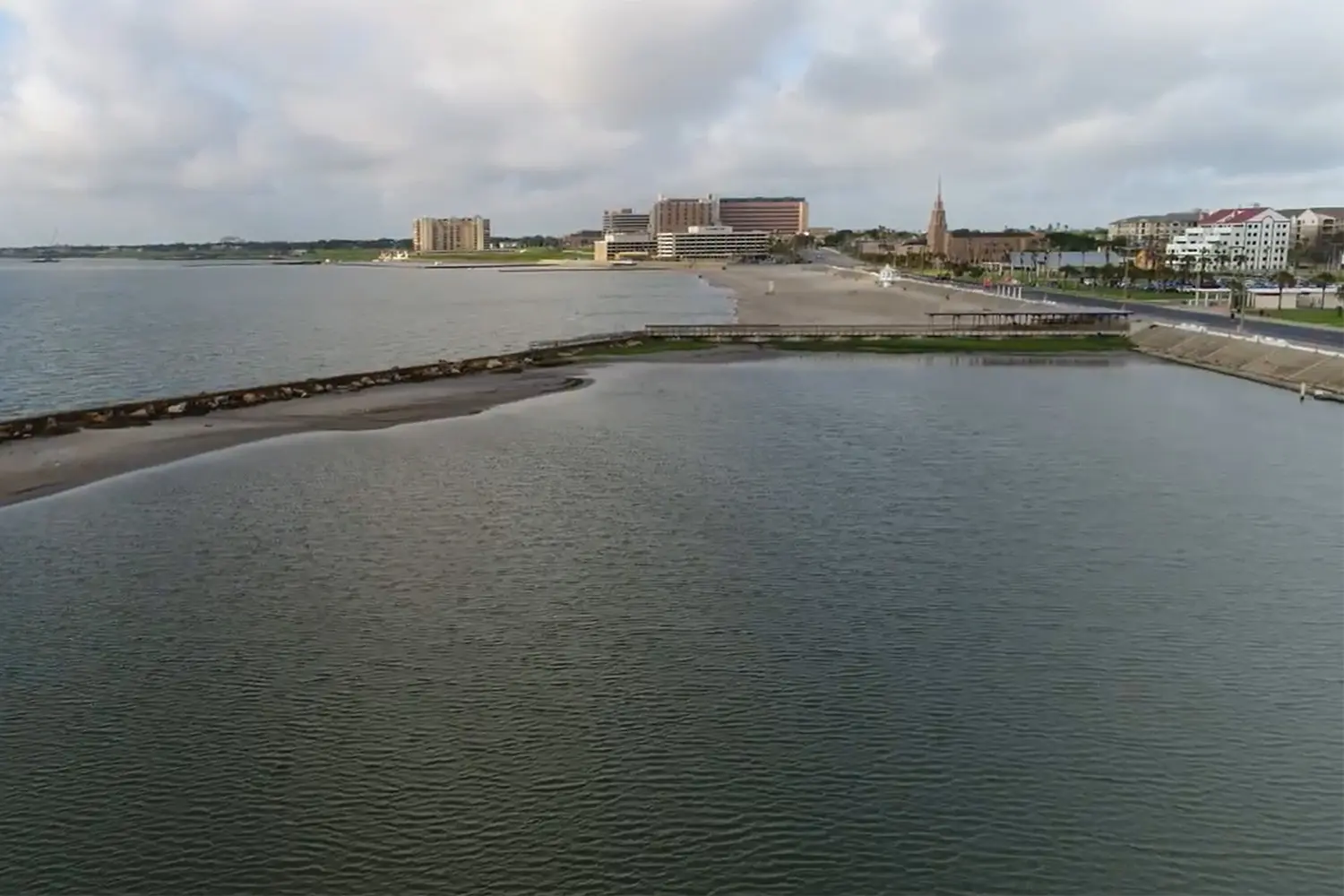
Proponents of the desalination plant argue that it offers a drought-proof solution to Corpus Christi’s water scarcity, ensuring a reliable supply for both residents and industries. The city’s water utility emphasizes that desalination technology is well-established globally, with over 19,000 seawater desalination plants in operation worldwide. (kristv.com) They assert that the plant will not only meet the increasing water demands but also bolster economic growth by attracting more industries to the region.
However, there are significant concerns about the potential ecological and social impacts of the proposed desalination plant:
The push for desalination in Corpus Christi reflects broader systemic issues:
To address water scarcity without compromising environmental and community health, Corpus Christi could consider alternative strategies:
While desalination is often framed as a necessary solution to water scarcity, its implementation in Corpus Christi largely benefits industry rather than residents. The increasing water demands of oil, gas, and petrochemical companies are driving the push for desalination, putting communities and ecosystems at risk. A more sustainable approach—emphasizing conservation, pollution reduction, and equitable water distribution—must be pursued to ensure a resilient water future for Texas.
02/16/2025 – Written by the FalseSolutions.org Team